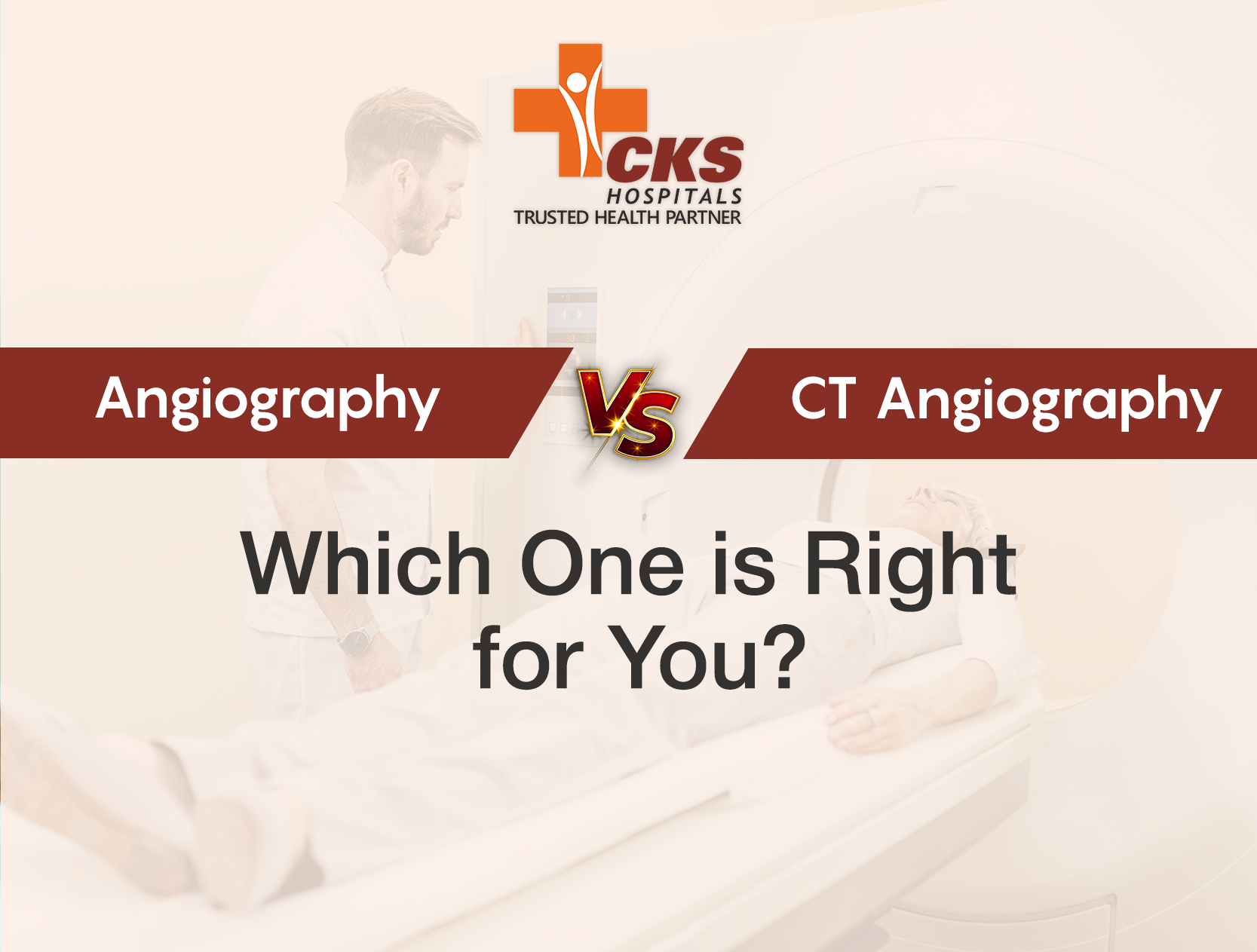
Understanding Symptoms, Diagnosis & Treatment of Blood Clots in the Brain
Did you know that blood clots in the body are the 2nd leading reason for deaths worldwide? Blood clots can be framed anywhere in the body but a blood clot in the brain is a serious medical condition and require immediate medical attention. This can lead to many life-threatening complications such as stroke or permanent brain damage.
Read the complete blog to know everything about brain clots, their symptoms, causes, diagnosis & treatment options.
What is a Blood Clot in the Brain?
The brain is the super organ in a body and a blood clot in it is a dangerous thing that requires immediate medical attention. A blood clot in the brain also known as cerebral thrombosis or cerebral embolism, occurs when a blood vessel in the brain becomes blocked by a clot. The blood clot in the brain stops the oxygen from reaching other parts of the brain, damaging the tissue and leading to cases like stroke. A clot can directly form on a body or it can come to the brain from other organs through the arteries.
What are the Symptoms of Blood Clots in the Brain?
Multiple symptoms can be seen in patients with blood clots in the brain. Here are the possible symptoms seen in a patient with a blood clot in the brain.
- Sudden severe headache
- Weakness or numbness in one side of the body
- Difficulty in speaking
- Vision problems
- Loss of balance or dizziness
- Disorientation or confusion
- Seizeure
If you are experiencing any of the symptoms, must seek immediate medical help or consult a neurologist.
What Causes Blood Clots in the Brain?
Several factors can contribute to the formation of blood clots in the brain. These factors are as follows
- A condition called atherosclerosis can cause blood clots in the brain. In this condition, arteries get hard and narrow due to plaque buildup in the body.
- If you have an existing problem of high blood pressure you might have the risk of forming a blood clot in the brain.
- A person with the condition of atrial fibrillation has a high risk of forming blood clots in the brain.
- If you have a history of trauma or head injury, you might suffer from blood clot issues in future.
- Genetic factors like a family history of blood clotting disorders can also lead to blood clot formation
- Medical conditions such as diabetes, high cholesterol, and certain blood disorders can lead to blood clots in the brain.
- Some lifestyle factors including smoking, obesity, alcohol consumption etc can cause blood clots.
How is a Blood Clot in the Brain Diagnosed?
Blood clot diagnosis is a comprehensive evaluation. Many diagnostic tools and tests are done to confirm the presence and extent of the blood clot in the brain. The following are the steps and methods that are used in diagnosis-
Clinical Evaluation
At the very first, your medical healthcare provider reviews all your medical history and performs a neurological examination to check for signs & symptoms that indicate a blood clot.
Imaging Tests
Certain imaging tests are performed to diagnose the condition of blood clots in the brain. Here are the imaging tests that can be performed.
- A CT Scan is performed to get detailed images of the brain to quickly identify the blood clots or bleeding in the brain.
- An MRI or (Magnetic Resonance Imaging ) is done to get high-resolution images of the brain structure to detect the clots in smaller blood vessels.
- A Magnetic Resonance Angiography or MRA is done to identify blockages or abnormalities in the brain’s vascular system.
- A Computed Tomography Angiography or CTA is combined with a CT scan with a contrast dye to highlight the blood flow in the brain’s arteries which helps to get the exact location of the blood clot in the brain.
Blood Tests
Blood tests such as partial thromboplastin time (PTT), international normalized ratio (INR) and prothrombin time (PT) are performed to assess the blood’s clotting ability and identify any underlying clotting disorders.
Lumbar Puncture
In some cases, a doctor needs to lumbar puncture to analyze cerebrospinal fluid for signs of bleeding or infection that may show the possibility of a clot in the brain.
Electroencephalogram
This EEG test is done to measure the electrical activity in the brain and helps the medical professional identify the areas of the brain that are affected by the clot.
Doppler Ultrasound
Doppler ultrasound can assess blood flow in the neck’s carotid arteries, which supply blood to the brain, to detect any blockages or abnormalities.
By performing these diagnostic tests, a neurologist can accurately diagnose a blood clot in the brain, determine its location and severity, and plan appropriate treatment strategies.
What are the Options Available for Brain Clots in the Brain Treatment?
There are multiple treatment options available to treat the blood clot in the brain. Adoption of treatment options depends on multiple factors such as severity and location of the clot, size of the clot, patients’ overall health etc. Here are the possible treatment options for blood clots in the brain-
- Blood thinners and clot-busting drugs can help treat blood clots in the brain. Medications such as thrombolytics or anticoagulants can be suggested by a neurologist. These medicines can only be taken if a medical professional recommends them.
- Mechanical Thrombectomy and craniotomy are some surgical procedures that are carried out to treat blood clots in the brain.
- Some supportive and preventive care like rehabilitation, managing chronic conditions, lifestyle changes, regular exercise and a healthy diet can help in preventing blood clots in the brain.
Conclusion
A blood clot in the brain is a medical emergency that requires immediate medical attention. Early detection of symptoms, prompt diagnosis, and effective treatment can help you to get rid of the blood clot. At CKS Hospital, we are committed to providing comprehensive care for patients with blood clots in the brain. Our team of experienced neurologists, surgeons, and rehabilitation specialists work together to deliver personalized treatment plans tailored to each patient’s needs. With state-of-the-art facilities and a patient-centric approach, CKS Hospital is a dedicated multispeciality hospital in Jaipur to ensure the best possible outcomes for our patients.
Book Your Appointment Now with our Experts!!
Recent Posts
- All Posts
- Blog

Read More
Our Speciality
- Cardiology & Cardiac Surgery
- Neurosurgery
- Orthopedics & Joint Replacement
- Urology
- Gastroenterology
- Nephrology & Dialysis
- Bariatric & Metabolic Surgery
- ENT & Head Face Neck Surgery
- Internal Medicine & Critical Care
Explore More
Our Doctors

Dr Prakash Chandwani
(Chief Managing Director) Director & Head Dept of Cardiology

Dr Mahesh Goyal
Director & Head Dept of Allergy Specialist, Asthma & Sleep

Dr Mohammed Sharif
CEO & Global Operations

Dr Ghanshyam Agrawal
Consultant Dept of Neuro Surgeon

Dr Sumit Kamble
Consultant Dept of Neurology
See All Doctors

